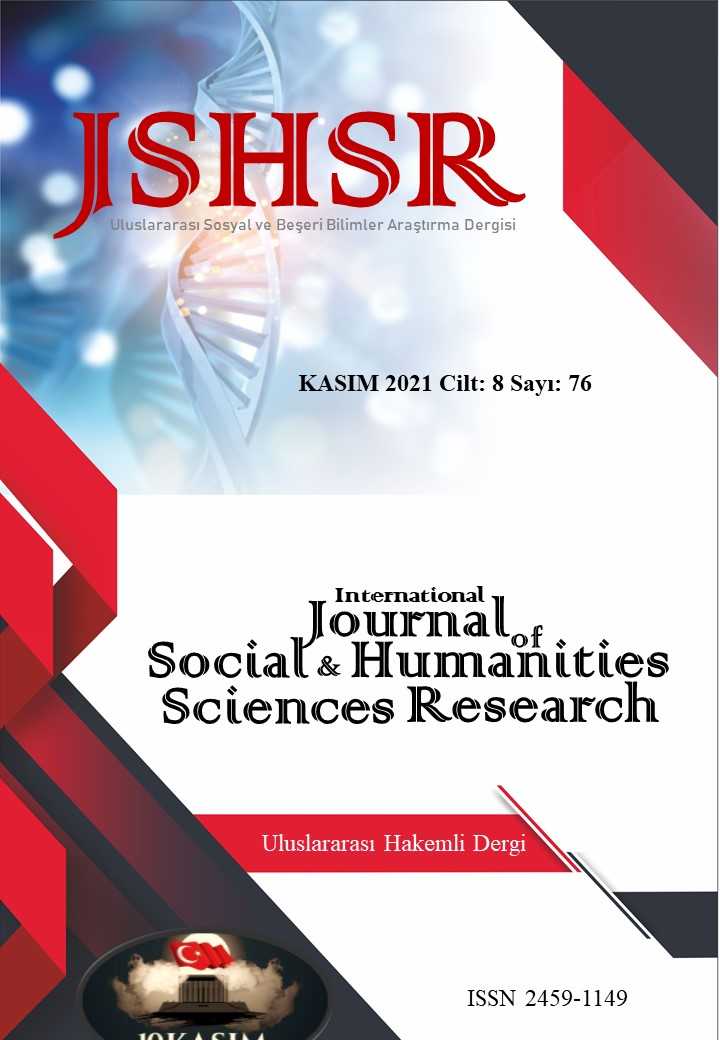COMPARISON OF VILLAGE INSTITUTES AND KNOWLEDGE HOUSES WITH ALTERNATIVE EDUCATION MODELS IN TURKEY
DOI:
https://doi.org/10.26450/jshsr.2770Keywords:
Education, Village Institutions, Information HousesAbstract
Education has great importance in terms of the coexistence of society and development of the cultural ties. In Turkey, various alternatives have been created to provide education for society. Among these alternatives, the purpose of the emergence, the importance, and the activities of Village Institutes and Information Houses are investigated. With the establishment of the Turkish Republic, new methods have been tried in education, as in every field. One of these is The Village Institutes. The founding purpose of Village Institutes was to educate the children who could not have the opportunity of education in villages and make them qualified teachers. In these schools, which have been developed over time, vocational training is started to be given to the students. In every region of Turkey, different vocational training programs, which appeal to the cultural and socioeconomic infrastructure of these regions, are implemented. Thus, manpower is started to be trained in modernized professions in every region. Information Houses are educational institutions, founded to support the education of children who go to school. In association with the developing technology, the internet and computer have become important educational materials. In Information Houses, these opportunities are supplied for the children who could not have them because of economic insufficiency. Significant contributions are made to the employment with the courses of vocational training. Village Institutes had an important place in giving basic education and educating villagers as qualified individuals. On the other hand, Information Houses are educational institutions that are founded to support education.
Downloads
Published
How to Cite
Issue
Section
License
Copyright (c) 2021 INTERNATIONAL JOURNAL OF SOCIAL HUMANITIES SCIENCES RESEARCH

This work is licensed under a Creative Commons Attribution 4.0 International License.


